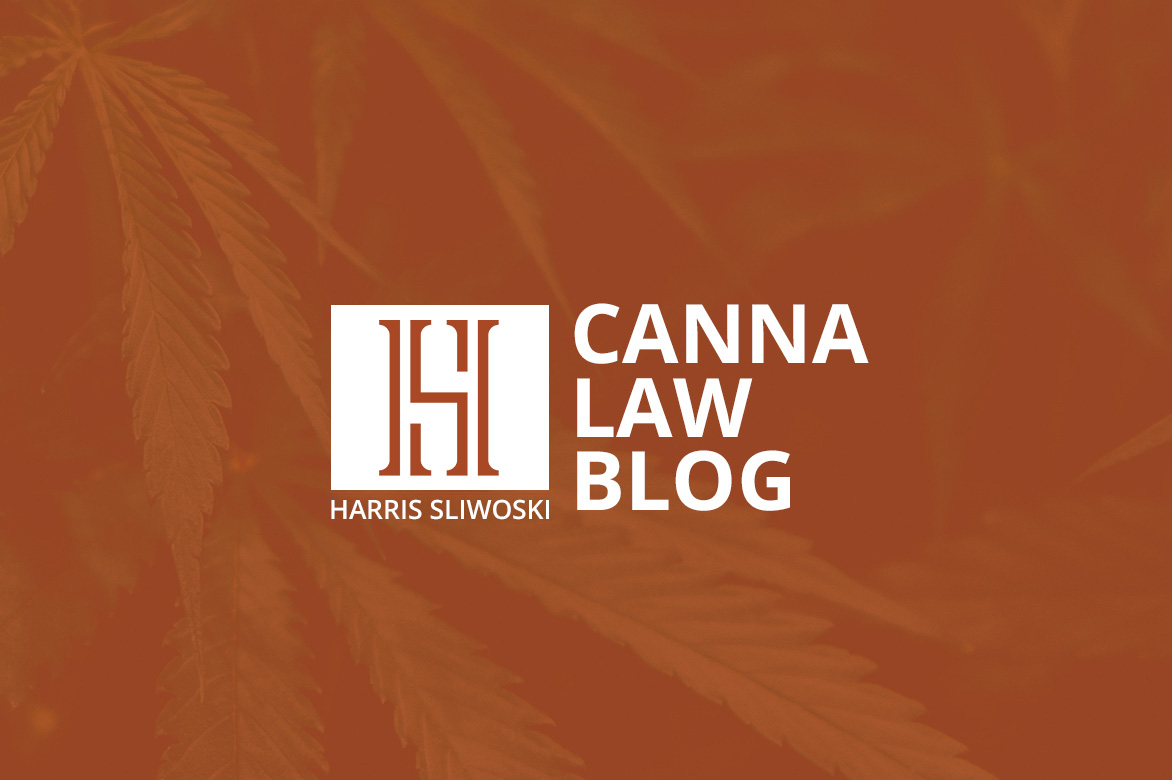
Idaho State Police Are Not Required to Return Seized Hemp (Yet)
Earlier this week, I wrote about how hemp businesses should not yet rely on the 2018 Farm Bill to protect them from their products being seized. This is because although Section 10114 of the 2018 Farm Bill prohibits states from interfering with the interstate transport of hemp and hemp products, that protection is limited to









